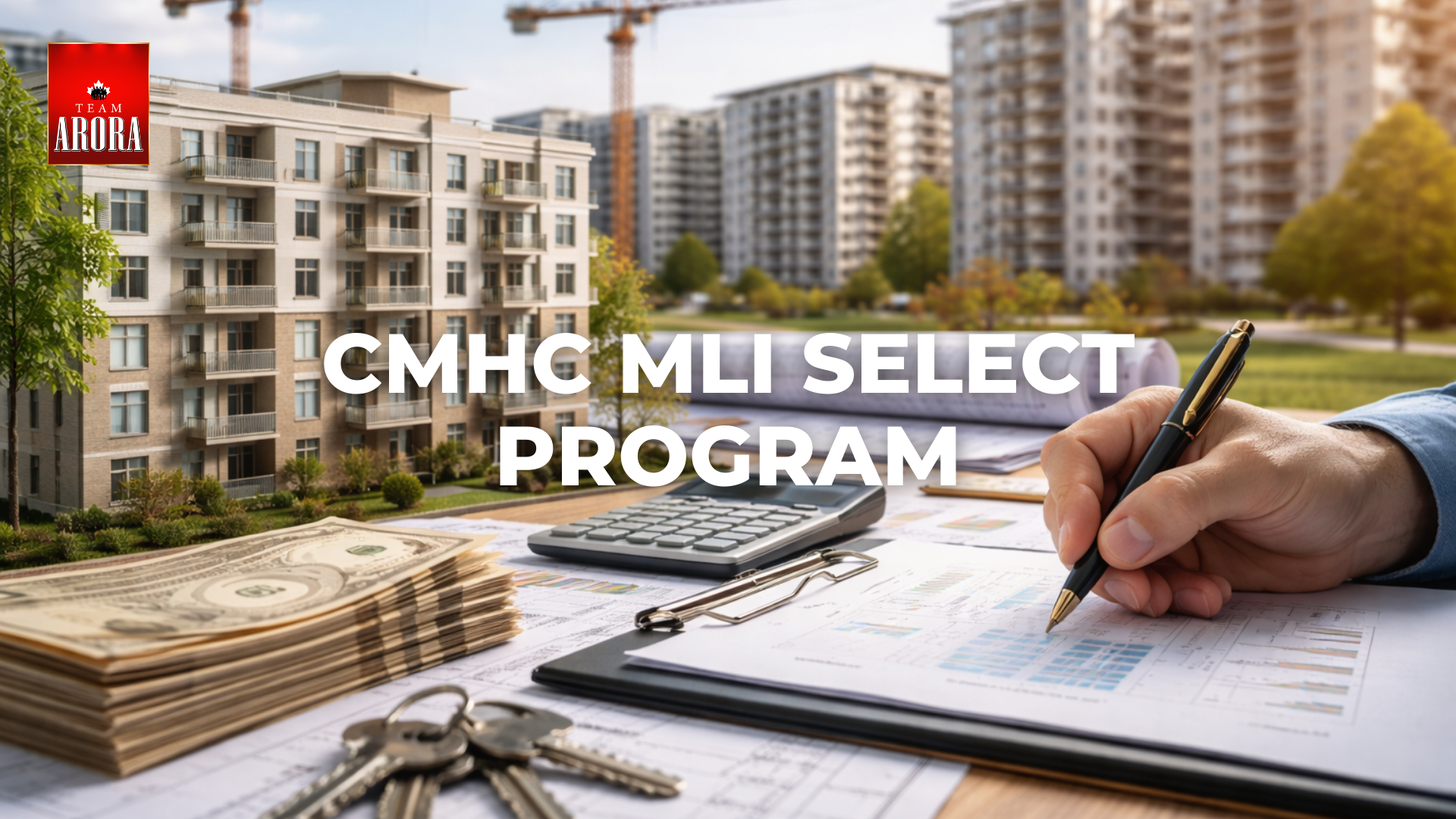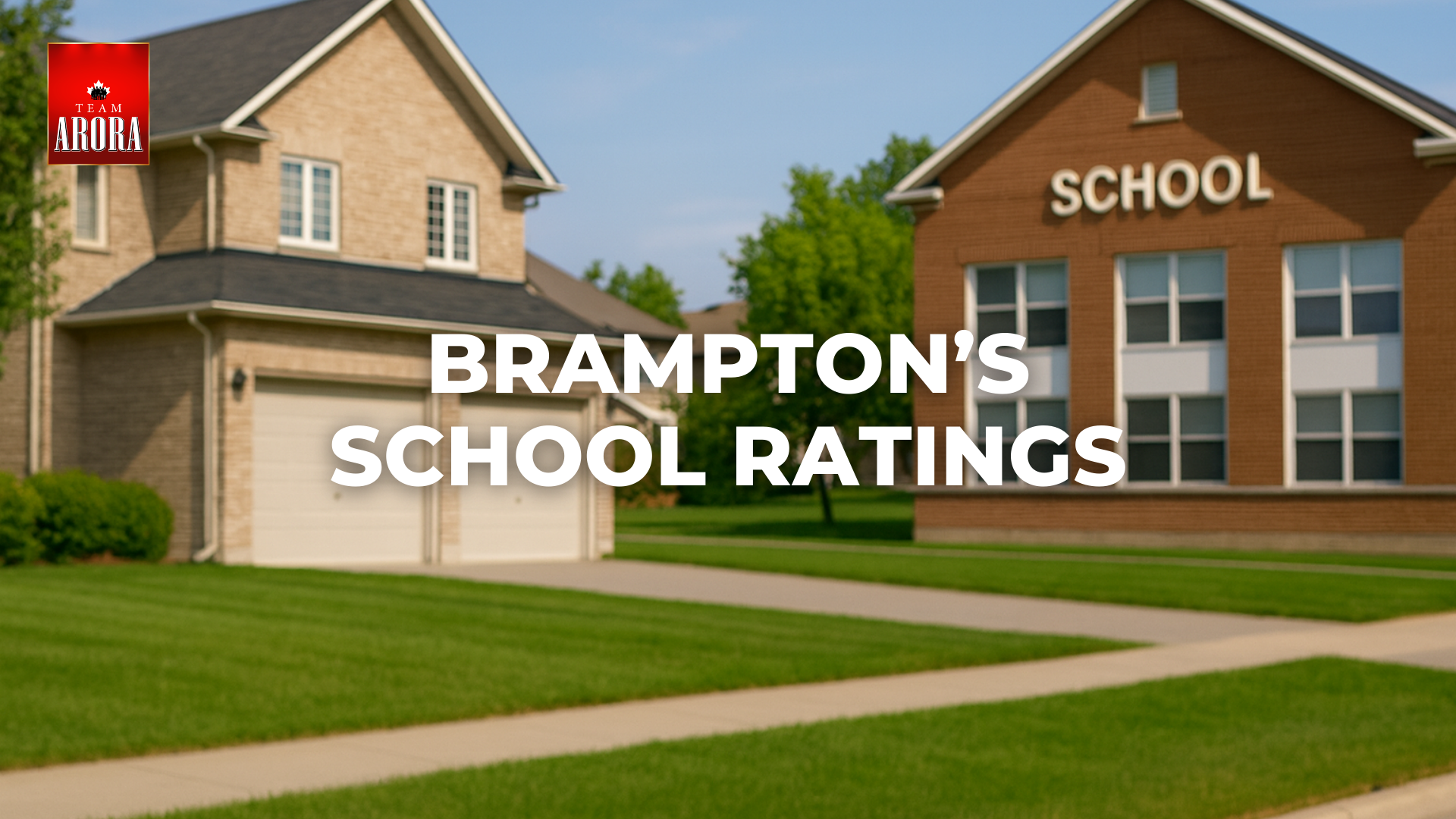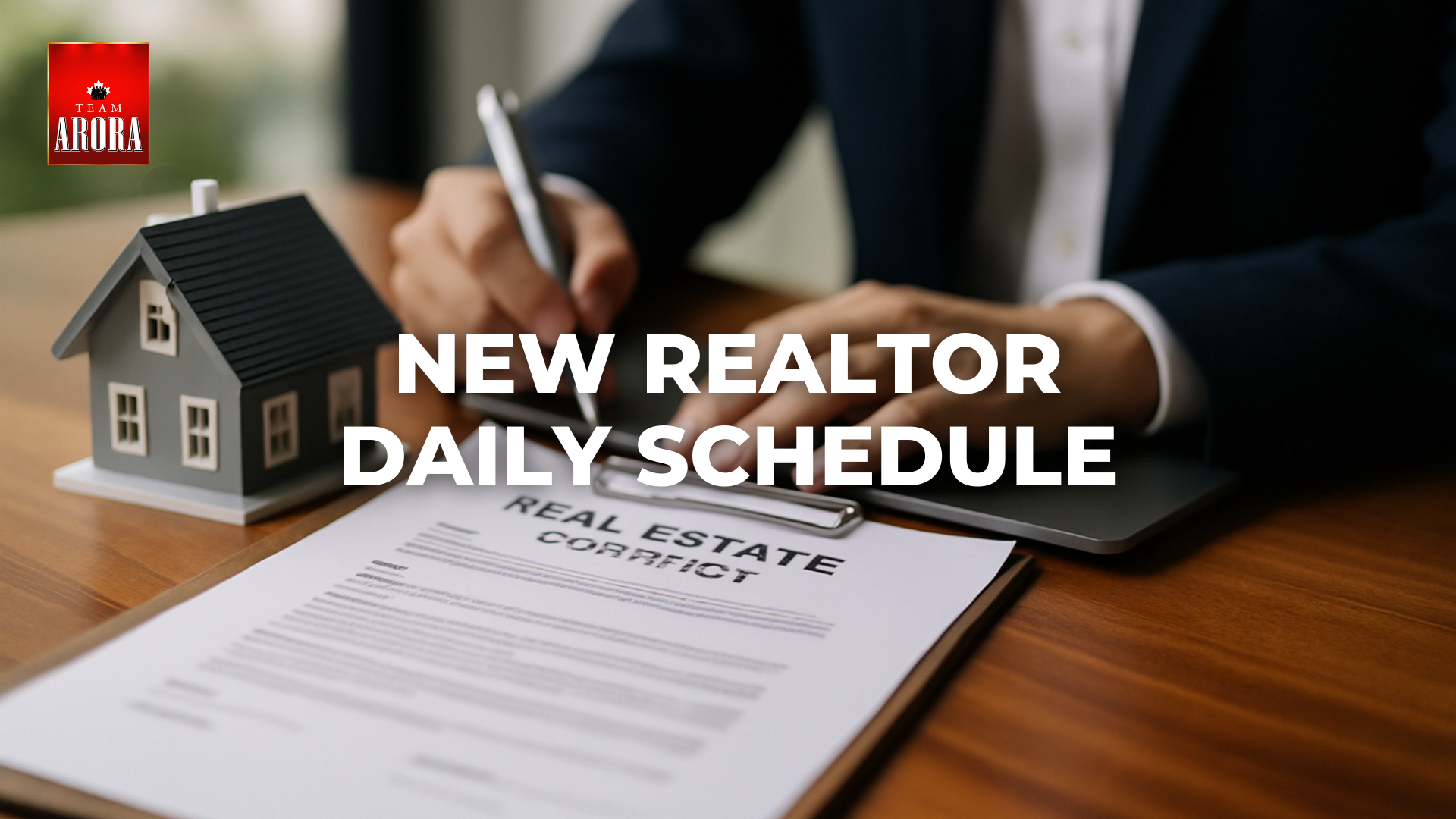The CMHC MLI Select Program is one of the most powerful financing tools available to multi-unit residential investors in Canada. Designed to encourage affordable, energy-efficient, and accessible housing, the program offers higher loan-to-value ratios, longer amortizations, and reduced insurance premiums compared to traditional financing.
However, qualifying for the MLI Select Program requires careful planning. Investors must meet specific criteria, earn points through a scoring system, and align their projects with CMHC’s housing priorities. This guide breaks down exactly how to qualify, step by step, so you can determine whether your project is a good fit.
What Is the CMHC MLI Select Program?
The MLI Select Program is administered by the Canada Mortgage and Housing Corporation (CMHC). It applies to insured loans for multi-unit residential properties, including apartment buildings, mixed-use properties with residential components, and certain student or seniors’ housing projects.
The program rewards projects that contribute to:
- Housing affordability
- Energy efficiency and climate goals
- Accessibility for diverse populations
Your benefits increase as your project scores higher in these categories.
Basic Property Eligibility Requirements
Before considering the scoring system, your property must meet basic eligibility standards.
- Minimum of 5 residential units
- Located in Canada
- Purpose-built rental or eligible residential property
- Stable income-producing asset or new construction
- Meets CMHC underwriting and insurance standards
If your property does not meet these baseline requirements, it will not qualify regardless of points.
Understanding the MLI Select Scoring System
The MLI Select Program uses a points-based system. Your project earns points across three categories. The total score determines your financing benefits.
- Affordability
- Energy Efficiency
- Accessibility
You must achieve a minimum score of 50 points to qualify, but higher scores unlock better terms.
1. Affordability Criteria
Affordability is the most heavily weighted category. CMHC defines affordable units as those rented at or below certain percentage thresholds of median market rent.
You can earn points by:
- Offering units below 100% of the median market rent
- Maintaining affordability for longer commitment periods
- Designating a higher percentage of total units as affordable
The deeper the affordability and the longer the commitment, the more points your project earns.
2. Energy Efficiency Requirements
Energy efficiency plays a major role in MLI Select qualification. CMHC encourages projects that reduce greenhouse gas emissions and energy consumption.
Points are awarded based on:
- Percentage reduction in energy use intensity
- Use of high-performance building envelopes
- Efficient HVAC and mechanical systems
- Verified energy modeling reports
New construction projects often score higher here, but retrofit projects can also qualify with proper upgrades.
3. Accessibility Features
Accessibility focuses on inclusive design. CMHC awards points for features that improve mobility and usability for individuals with disabilities or aging populations.
- Barrier-free entrances and common areas
- Accessible unit layouts
- Wider doorways and corridors
- Elevator access where applicable
Even a modest number of accessible units can meaningfully boost your score.
Minimum Score Tiers and Financing Benefits
Your total score determines how attractive your financing terms will be.
- 50–69 points: Eligible with standard MLI Select benefits
- 70–89 points: Higher loan-to-value and longer amortization
- 90+ points: Maximum benefits, including the lowest premiums
At the highest tier, investors may access up to 95% loan-to-value and amortizations of up to 50 years.
Borrower Qualifications
Beyond the property, borrowers must meet CMHC’s financial and experience requirements.
- Strong credit history
- Demonstrated net worth and liquidity
- Relevant real estate ownership or management experience
- Clear ownership and corporate structure
First-time multi-family investors can qualify, but experienced sponsors often have an easier approval path.
Common Reasons Applications Fail
Many investors miss out due to avoidable mistakes.
- Overestimating affordability points
- Incomplete energy modeling documentation
- Unclear affordability commitment terms
- Weak financial disclosure
- Insufficient planning before lender submission
Working with knowledgeable advisors early can prevent costly delays.
Strategic Planning Makes the Difference
The MLI Select Program is not a last-minute financing option. Successful investors design their projects around the scoring system from the beginning. This includes unit mix planning, energy modeling during design, and affordability structuring.
Investors often work with experienced professionals, including mortgage brokers, appraisers, and real estate advisors. For guidance on qualifying properties and long-term investment strategy, many investors consult teams such as Team Arora, who understand how financing programs align with real-world market conditions.
Frequently Asked Questions
1. Can existing apartment buildings qualify for MLI Select?
Yes. Existing multi-unit buildings can qualify if they meet affordability, energy efficiency, and accessibility criteria. Retrofit projects that improve energy performance or introduce affordability commitments often score well when properly structured.
2. Is MLI Select only for new construction?
No. While new construction often scores higher, existing properties and conversions are eligible. The key is meeting minimum score thresholds through affordability commitments and verified energy or accessibility improvements.
3. How long must affordability be maintained?
Affordability commitments typically range from 10 to 20 years, depending on the score tier. Longer commitments earn more points and unlock better financing terms under the MLI Select framework.
4. Does CMHC verify energy performance?
Yes. CMHC requires third-party energy modeling and documentation. Energy performance must be verified, not estimated, to earn points and maintain compliance throughout the loan term.
5. Can mixed-use properties qualify?
Yes, as long as the residential portion meets eligibility rules. Commercial components must be limited, and the primary use must remain residential to qualify under MLI Select.
6. How long does the approval process take?
MLI Select approvals typically take longer than standard financing. Expect several months, depending on project complexity, documentation quality, and lender coordination.
7. Is refinancing eligible under MLI Select?
Yes. Refinancing existing insured loans may qualify if the project meets scoring criteria and improves affordability, energy efficiency, or accessibility.
8. Can foreign investors apply?
Foreign investors may qualify if they meet CMHC requirements, establish proper ownership structures, and demonstrate financial strength. Additional scrutiny may apply.
9. Does MLI Select reduce interest rates?
The program primarily reduces insurance premiums and increases leverage and amortization. Lower monthly debt service often results, even if interest rates remain market-based.
10. Is the MLI Select Program permanent?
The program is active but subject to CMHC policy updates. Investors should always confirm current criteria and benefits before structuring deals around the program.
Disclaimer
This blog is for informational purposes only and does not constitute financial, legal, or investment advice. CMHC guidelines, scoring thresholds, and eligibility requirements may change. Always consult CMHC-approved lenders and professional advisors before making financing decisions.
Sources & Citations
- https://www.cmhc-schl.gc.ca
- https://en.wikipedia.org/wiki/Canada_Mortgage_and_Housing_Corporation
- https://en.wikipedia.org/wiki/Canada
- https://www.teamarora.com








